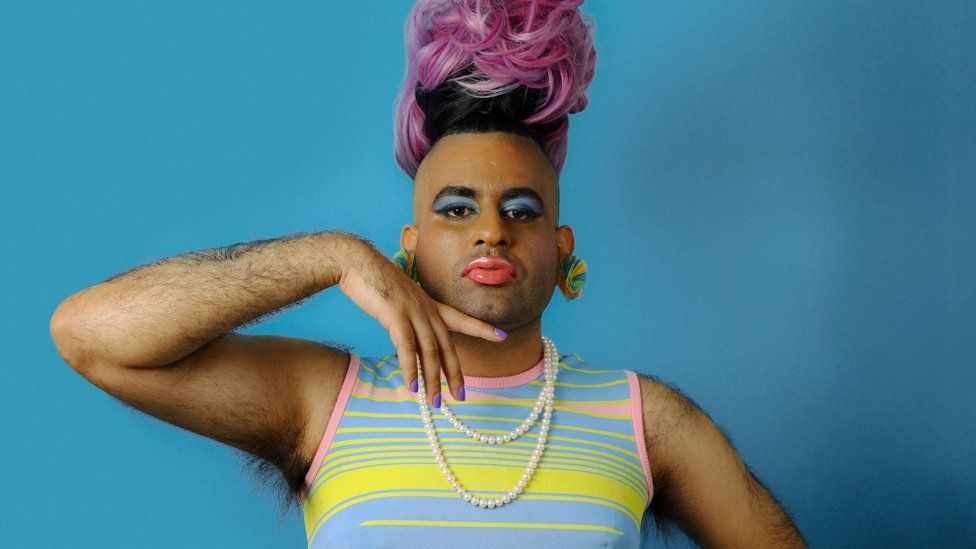Blog Post
Trans activists are trying to destroy traditional conceptions of male and female–but can’t get a date
By Jonathon Van Maren
To most people, the transgender movement is simply about men and women who feel they have been born into the wrong bodies wanting to be recognized by society as the gender they feel rather than the gender they are. While this is certainly a part of the trans agenda, activists have long ago forged past these initial goals. More than simply pushing the boundaries of what it means to be a male or a female—the stories of so-called “pregnant men” and biological males angrily denouncing feminists who claim that women don’t have penises are evidence of that—some trans activists are simply attempting to eliminate traditional conceptions of male and female entirely. Consider this story, published last week by the BBC:
When I told my family I was trans, one of their initial reactions was, “But you’re so hairy! It’s going to be so difficult to remove all your hair to be a woman, so you should just give up.” They were zeroing in on my body hair as the barrier for me to be seen as feminine.
People still have a limited understanding of gender as binary. Trans is not always about being a man and a woman – society is fixated on the idea that trans people solely want to become a man or a woman but they don’t really investigate the other possibilities of gender identification.
When I started to transition I would attend a trans support group where it was safe to talk about our experiences, figure out pronouns and stuff. When I would come wearing stereotypically “male” clothes, people would be confused, they’d talk to me as if I was a man. When I wore a dress, they treated me like a woman, “Okay, you’re one of us.”
Some people at the group would say, “If you want to be taken seriously as a trans person then you need to remove your body hair and start a medical transition.”
These comments were upsetting because I’ve already experienced so much unsolicited advice in my life. It hurt that even within this community that was supposed to be supportive, there was still this policing of gender and beauty norms – that somehow it’s impossible to be feminine and hairy at the same time.
Alok Vaid-Manon refers to himself as a poet and a performance artist, and says he “campaigns on trans visibility.” You’ll notice from this short excerpt—I don’t advise you read the whole thing—that his primary goal here is not to convince people that he is sufficiently female enough to qualify as a woman. His goal is to say there is no such thing as feminine, and if there is, it is whatever he, as an occasional woman, says it is. If he says he’s a woman and he’s super hairy, then it can be feminine to be super hairy. We are all supposed to buy this nonesense, of course, or be condemned as bigots. All of this brought to you by the once-serious British Broadcasting Corporation.
Although as it turns out, reality still bites hard. As one transgender blogger wrote bitterly of Alok and one of his poet friends, they “live in a world where admirers applaud them for their radical politics on social media, and people they’re attracted to associate with them because of their slayworthiness and social capital, but refuse to make love to them.” In short, people virtue-signal about their “courage” and “bravery,” but their instincts and basic human responses don’t match their politics. The non-binary activists attempting to destroy traditional conceptions of male and female, it turns out, can get a column over at the BBC—but they can’t get a date.
______________________________
For anyone interested, my book on The Culture War, which analyzes the journey our culture has taken from the way it was to the way it is and examines the Sexual Revolution, hook-up culture, the rise of the porn plague, abortion, commodity culture, euthanasia, and the gay rights movement, is available for sale here.








